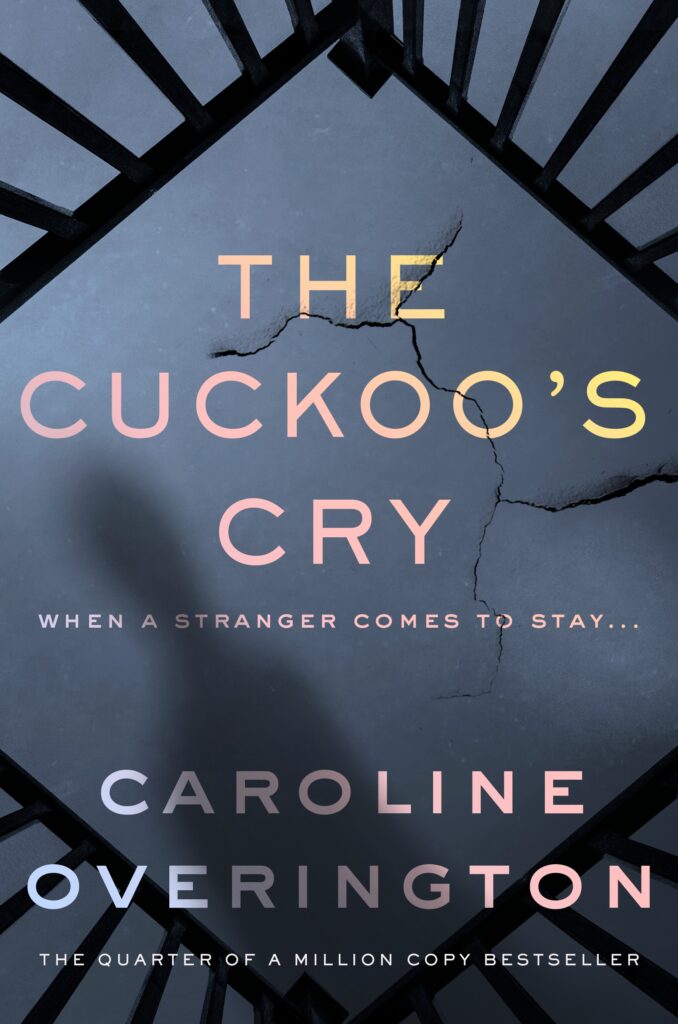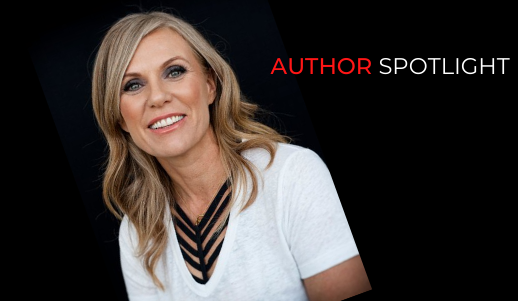Award-winning novelist and journalist, Caroline Overington, spoke to Maggie Baron about her 2021 novel, The Cuckoo’s Cry (HarperCollins Australia).
Hello Caroline. Firstly, congratulations on your long and successful career as an author and now literary Editor of The Weekend Australian newspaper. I’d like to shine a light on your most recent book – The Cuckoo’s Cry, which tugs us into the heart of a multi-generational family living through the Covid pandemic.
We meet Don, a widower living alone in Bondi, Sydney, who receives a knock on the door from a young woman claiming to be his granddaughter. He welcomes her into his home, much to the concern of his only daughter who lives in the Hunter Valley with her husband and their two children.
Most readers will identify with the isolation of Covid lockdowns and the challenges keeping well, whilst also caring for those we love.
What drew you to using this tension to frame the story of Don and the tensions between his daughter and this apparent stranger?
Thank you for your interest in my book. The idea for The Cuckoo’s Cry came to me while I was listening to Jacinda Adern speak to New Zealanders during the pandemic: “Stay in place,” she said. “Wherever you are tonight, that’s where you must stay.”
What an interesting idea!
I thought about a man who lived alone during the pandemic; somebody who had lived a long life, who was widowed, and whose children were grown up, with lives of their own.
What would happen if he opened the door one night to find a young person standing there, saying: You don’t know me, but we are actually related. And I’m in a bit of trouble. Can I come in?
Of course, he’d let her in. He’s a good person. And there’s a pandemic raging and people need help.
And then, what if she couldn’t leave? What would his family think? Would you trust her story? Should he trust her story? It seemed like a scenario with so many possibilities for tension and drama.
The story tugs us gently into the vulnerabilities of both Don and the young woman, Morgan. We also follow their journey through the viewpoint of Don’s only daughter. What are you hoping to share with your readers about these differing points of view?

Yes, you’ve got that exactly right: everyone looks at the same situation differently!
Don’s an old man, but he’s been a kind, helpful, trusting person all his life – or has he?
Morgan is a young woman in strife – or is she?
Don’s grown-up daughter has her own problems in the pandemic: a restaurant and catering business going belly-up. And, of course, she’s suspicious when her Dad tells her that a stranger has turned up and is now intending to stay.
Which one of these characters do you trust?
As a two-time Walkley Award winner, you have recognised talents for investigative journalism, how do you use those skills in your fiction writing, and how do you know where to draw the line in order to avoid defamation cases?
Fiction is wonderful, because you can explore people’s motivations, and their back story, and you can make them do this, or that, and not have to worry about sticking to the ‘real’ story which is what you have to do in journalism. I find it very liberating to be able to decide: oh, okay, Morgan will now do this or that!
Can you tell your readers what you’re currently working on?
I was recently appointed Literary Editor at The Weekend Australian’s book pages, so I am reading books as opposed to writing them: fiction, non-fiction, biography, history, as much as I can handle. I am choosing books to review, and critics to review them, and it’s wonderful. I see my job as connecting enthusiastic readers with books they might enjoy, or might never have heard about. It’s very rewarding.
Read more about Caroline Overington here (and see the pic of her arm in arm with Oprah!)
